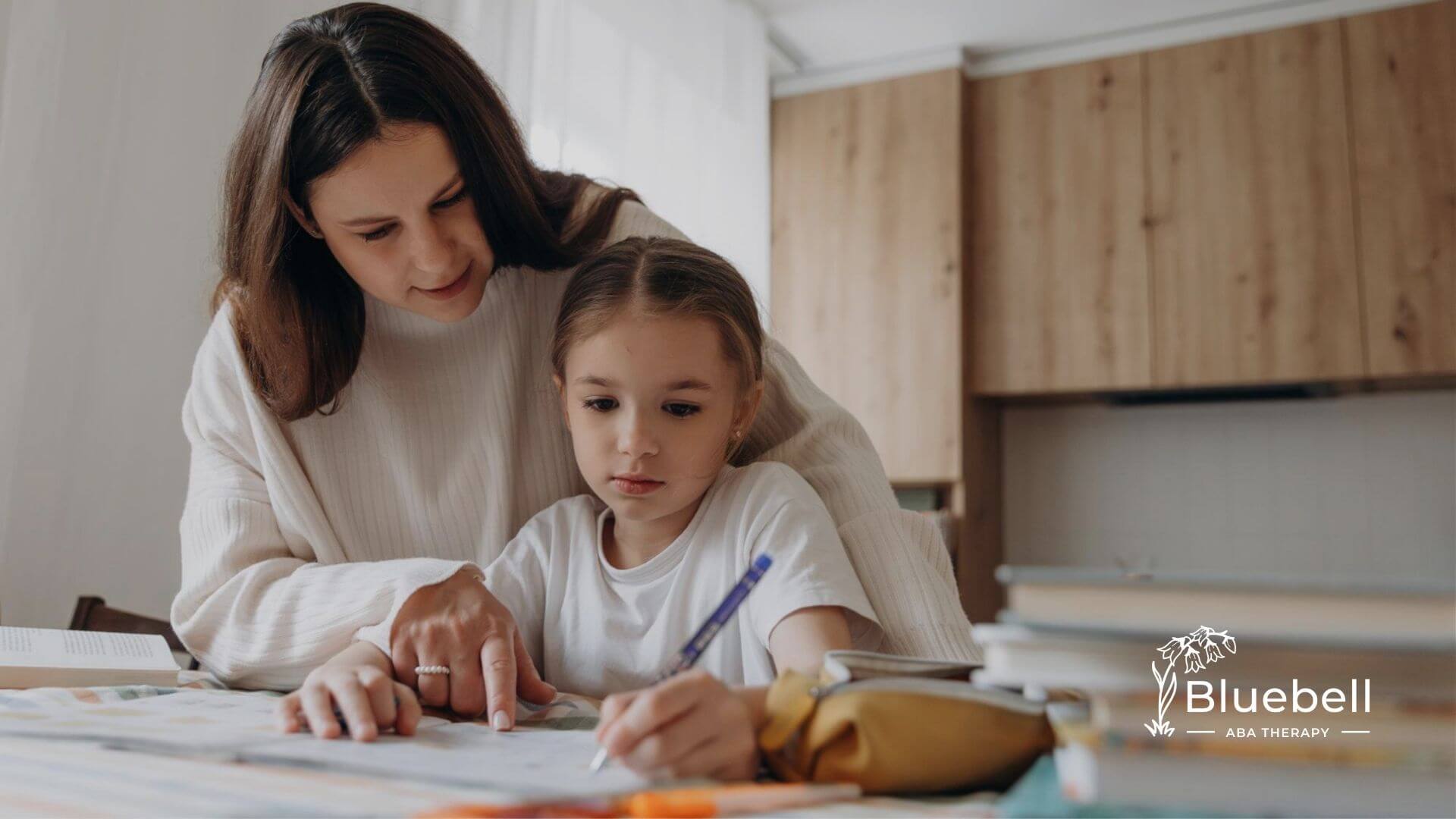Applied Behavior Analysis (ABA) therapy is one of the most trusted treatments for autism. But does it actually work? Research shows that, when done right, ABA therapy can lead to real improvements in communication, social skills, and overall behavior.
Multiple studies support the effectiveness of ABA therapy. A 2014 meta-analysis of over 1,000 children with autism found that ABA helped improve language, social interactions, and adaptive behavior.
Another study from 2022 showed that ABA-based interventions significantly improved intellectual functioning and adaptive skills in children with autism. These findings highlight that, when tailored to the individual, ABA therapy can have a strong, positive impact on a child’s development.
Key Factors for ABA Success
- Starting Early: The younger the child when they start ABA therapy, the better the chances for significant progress.
- Intensity: More hours of therapy can lead to better outcomes, especially if it’s consistent and integrated into daily life.
- Personalization: ABA therapy is most effective when it’s adapted to each child’s specific needs. One-size-fits-all doesn’t work here.
At Bluebell ABA, we offer personalized in-home ABA therapy and school-based ABA therapy that’s based on the latest research. We work closely with families to ensure the therapy is tailored to their child’s needs, maximizing progress in a supportive environment.
FAQs
How long does it take to see results from ABA therapy?
Results vary, but many families notice improvements within a few months.
Is ABA therapy effective for all children with autism?
ABA is widely effective, but the best results come from early intervention and consistent therapy tailored to the child.
Can ABA therapy be used for adults with autism?
Yes, ABA can be helpful for adults, focusing on skills that improve daily life and independence.


